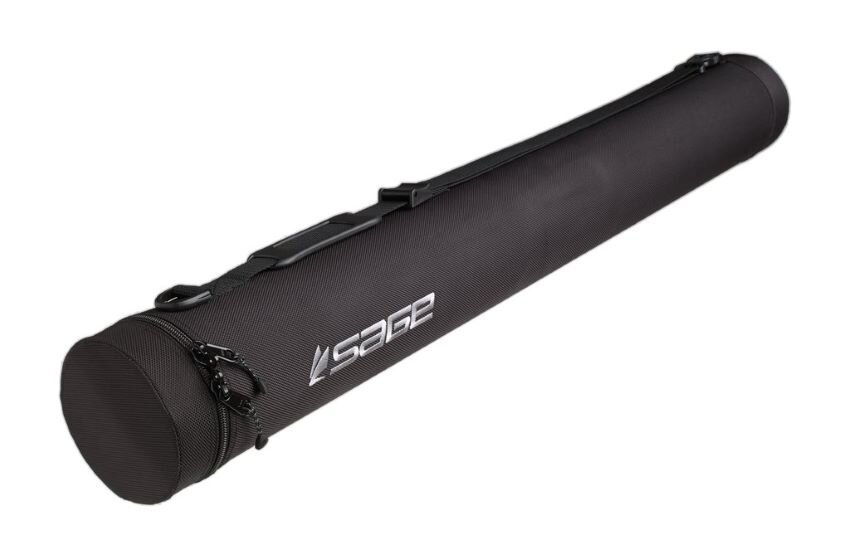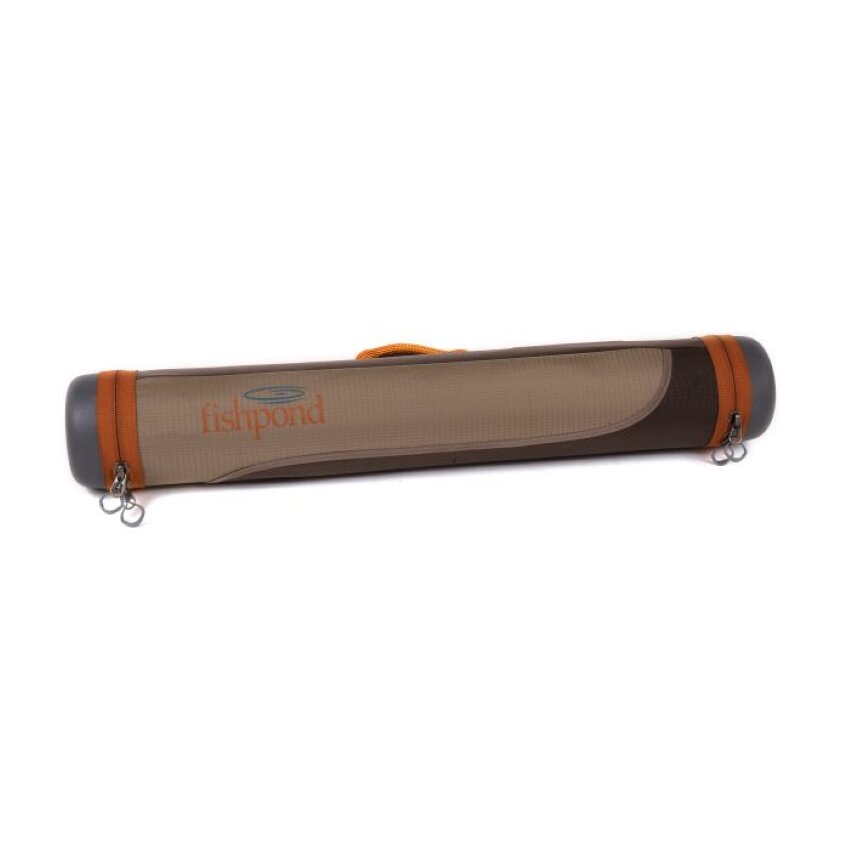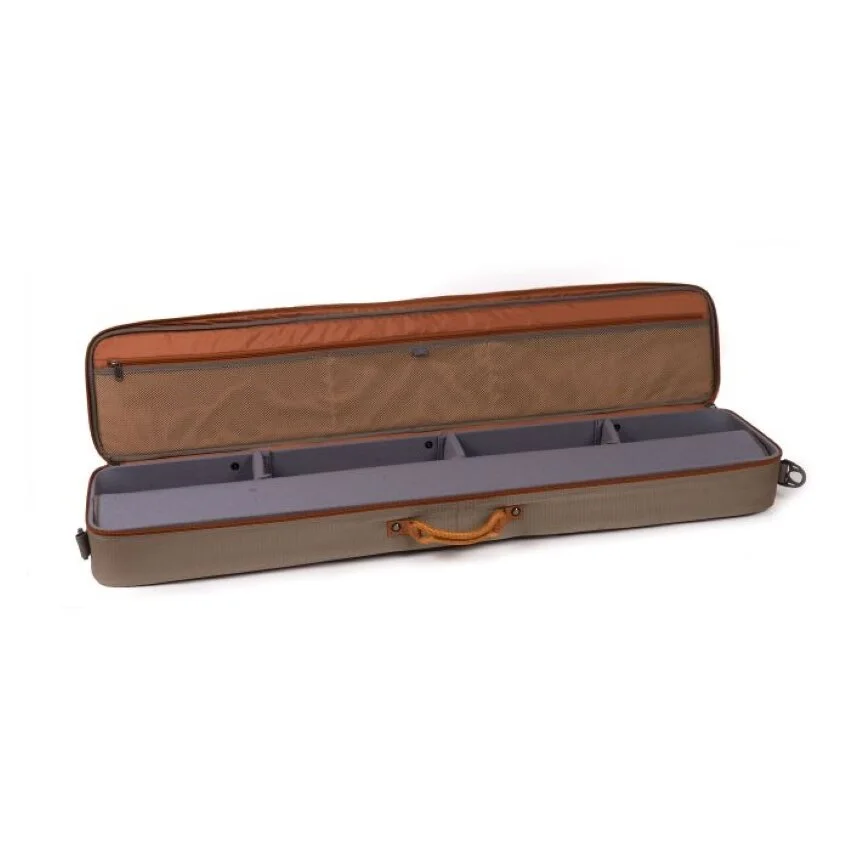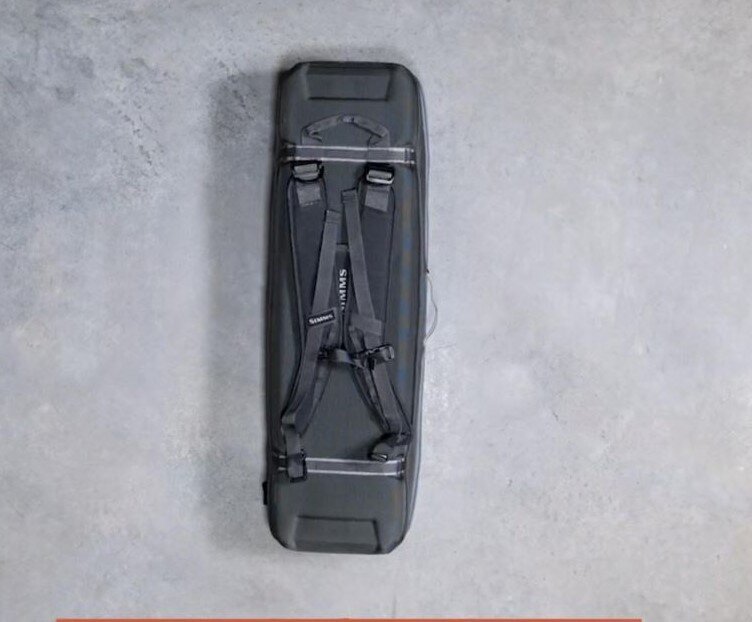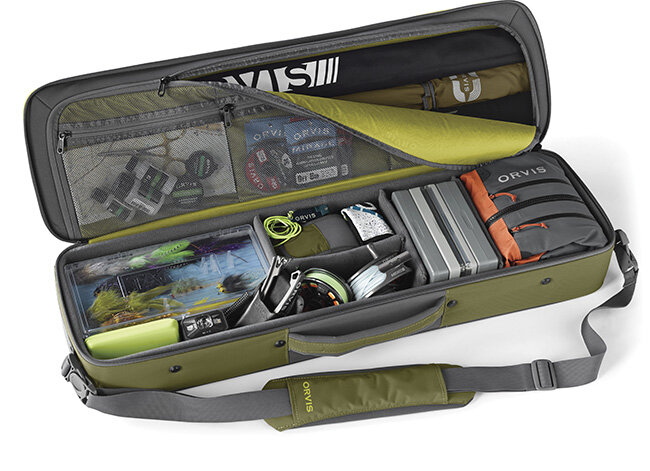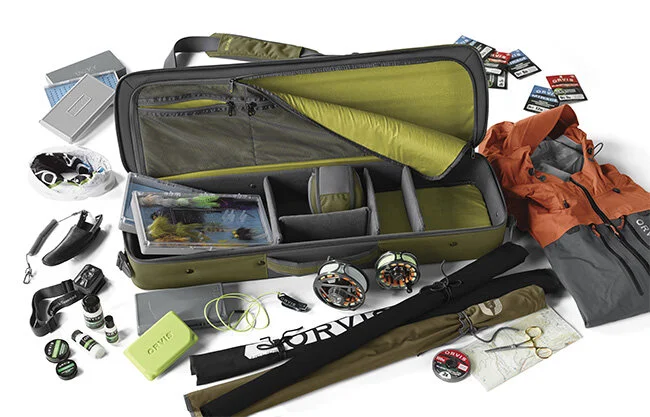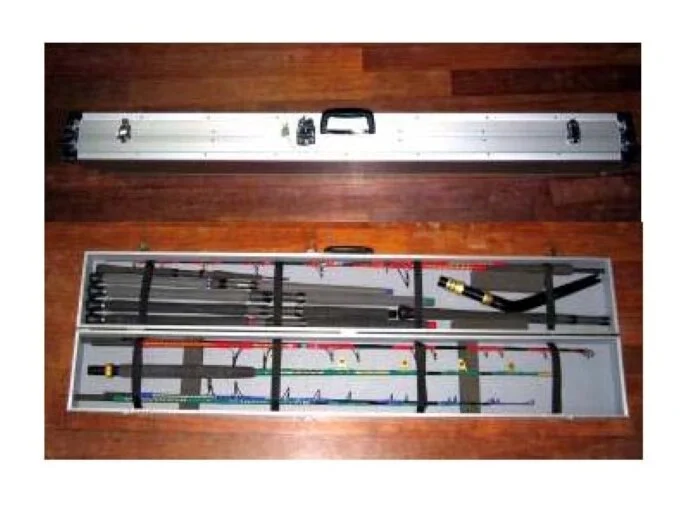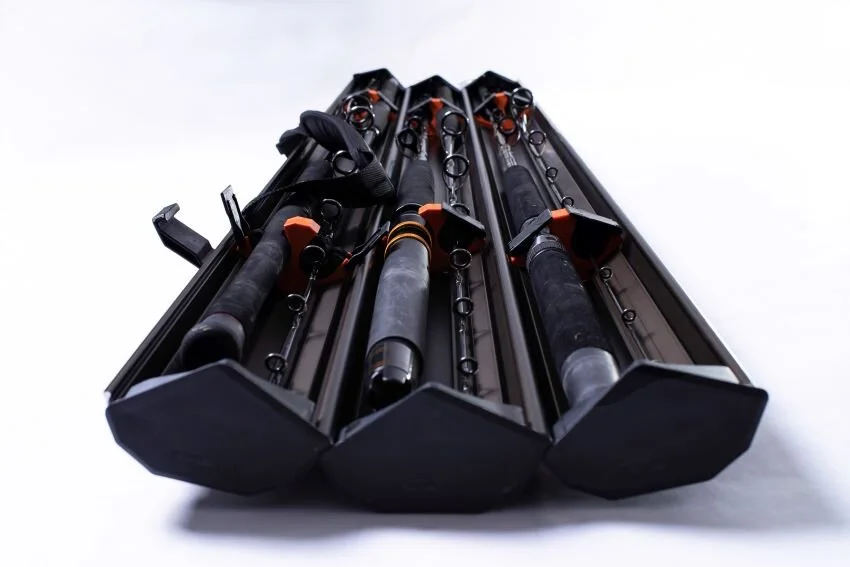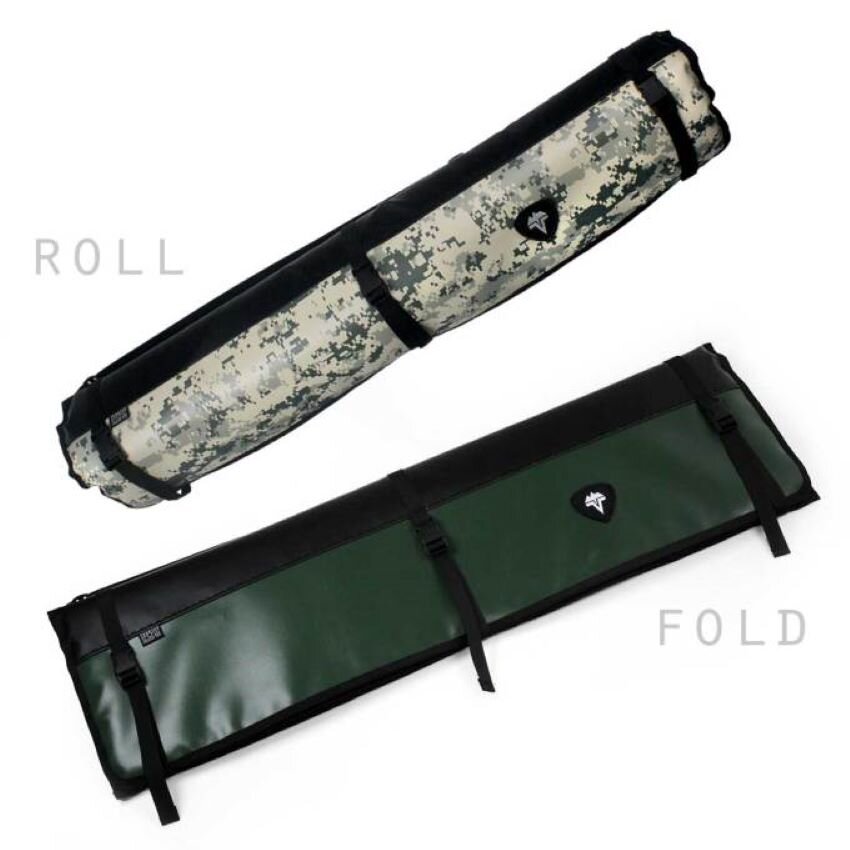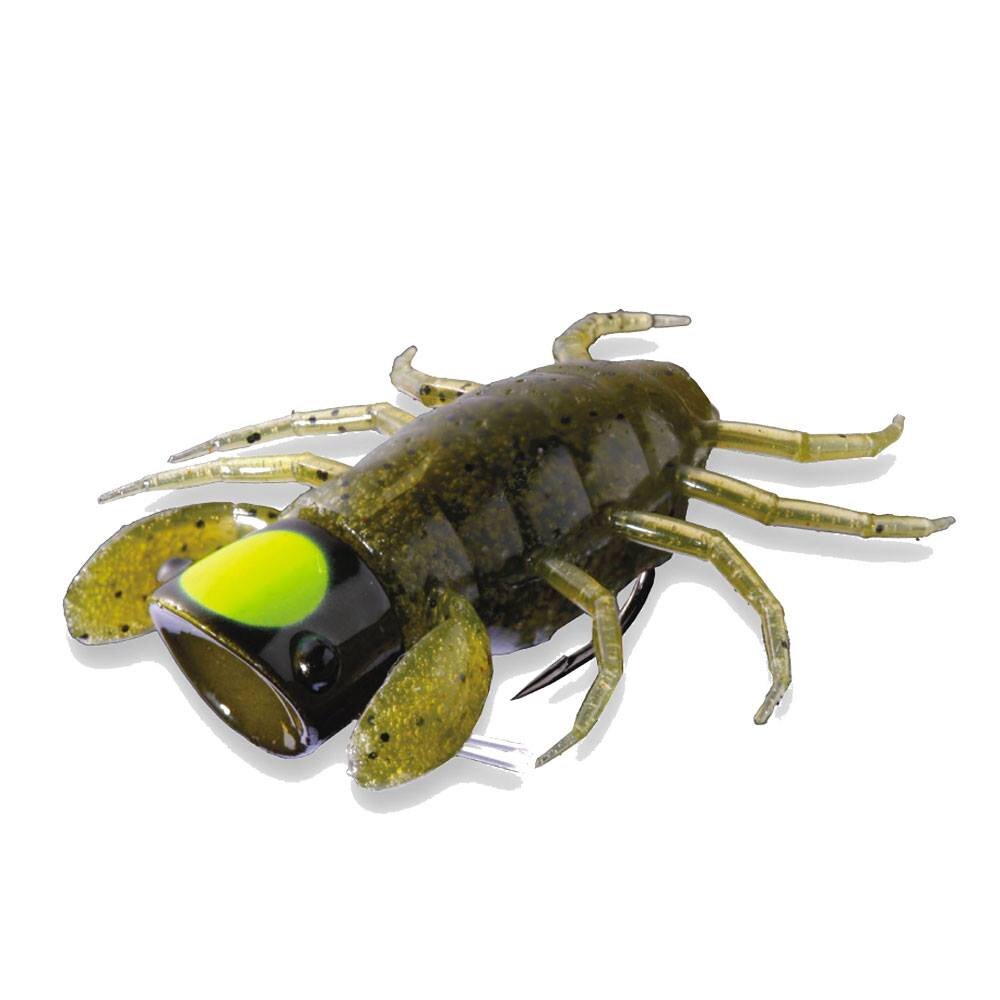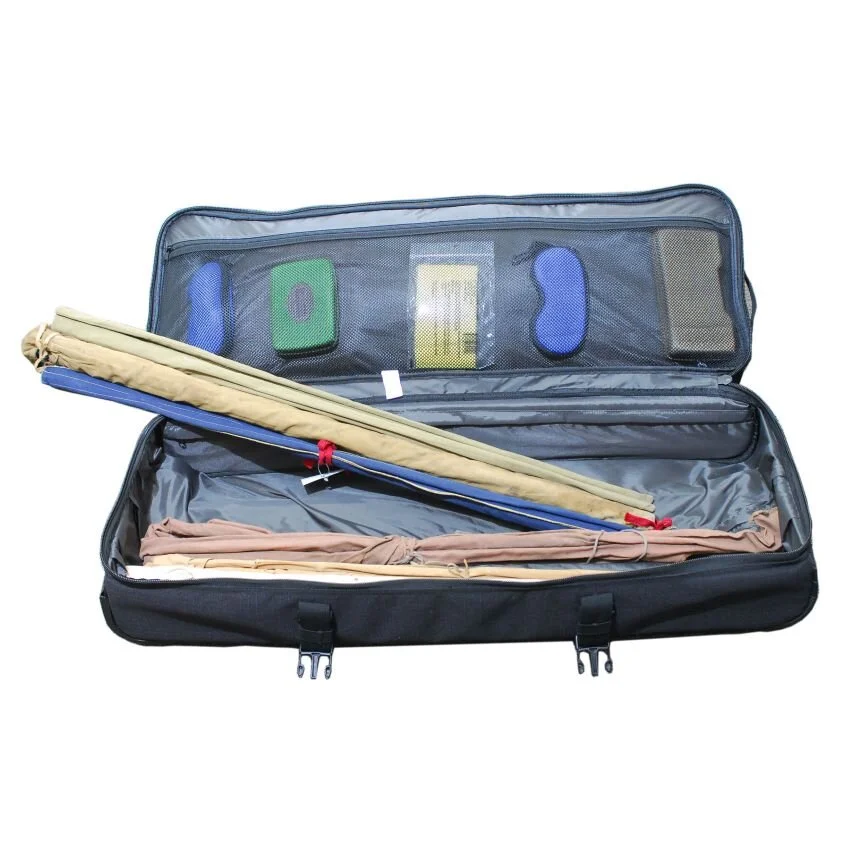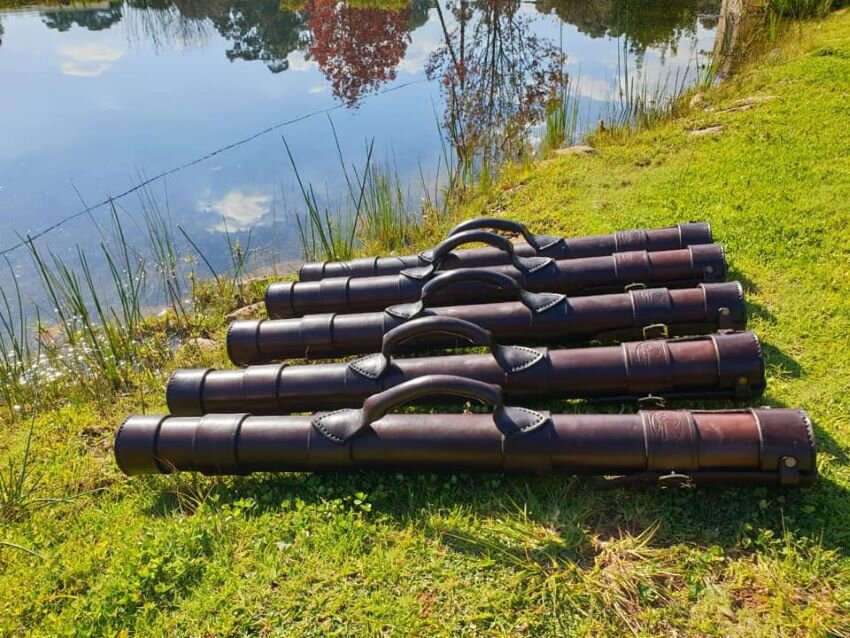Airline Travel With Multiple Pack Rods
I’ve written before about full-length rod tubes on the market and how to pack them, but I’ve also repeatedly stressed that if you can get away with using a guide’s rods, you should do that. One compromise solution is to bring multi-piece “pack rods” or “travel rods.” They’re certainly easier to pack than your one-piece 7-foot sticks (and definitely easier than your swimbait rod or flipping stick), but that doesn’t mean that it’s easy to get them from Point A to Point B without damage or hassle.
If you’re hopping on a commercial air flight, the ideal situation is to bring your rods with you inside the big bird. That decreases the chance that they’ll be lost in transit and also allows you to position them safely. If you have a single rod and a thin-diameter tube, most airlines will let you carry it on without a second look, but as your package gets, well, “girthier,” you might not have it so easy. It starts to look more like luggage, and at that point you may be subject to some scrutiny. That’s especially true because most pack rods are at least 24 to 36 inches long, putting them beyond the official length limits for carry-ons. TSA’s guidelines make clear that rods are permitted in both carry-on and checked luggage, but that “passengers should check with the airline to confirm that the fishing rod fits within the size limitations for carry-on items.”
So what can you do?
The first step is to make sure that you keep the rods safe; the second is to make sure that your that your accumulated rods look like something that should be allowed to be carried on.
Many rods come in a hard single tube. You can tape or otherwise attach three or four of these together, but this “Frankenstein” approach may be unwieldy or lead to unwanted attention. In my opinion you’re better off getting a single tube that holds multiple rods. I own a Sage Ballistic Rod Tube for this purpose. I paid $60 for it. The tube is 4 inches in diameter and comes in three different lengths. I’ve used it to haul four rods around Southern Africa and through multiple stops in Alaska with no problems. There are also 2- and 6-inch diameter versions.
You can also make something similar out of PVC pipe, especially if you think you might have to check it. I’ve been forced to check the Sage tube once and the rods came out unscathed.
The fly fishing industry seems to take this issue more seriously than the spinning or baitcasting worlds, but that doesn’t mean we can’t use their gear just the same. Fishpond sells the high-end Jackalope Rod Tube (29.5” x 3.75”) at the hundred dollar price point. They claim it will fit up to six 9 foot, 4-piece rods.
They also have a divided Dakota Rod and Reel Case that is 45 inches long. This sort of travel case may look more like traditional carry-on lugagge than a rod tube, but that might work in your favor.
Simms offers a GTS Rod and Reel Vault for just under $200. It has multiple compartments for rods and reels – aimed at fly anglers, but there’s no reason conventional tackle users couldn’t implement it.
This travel case also has padded shoulder straps to make it easier to carry.
Orvis makes a “Safe Passage Carry It All” at about that same $200 price point.
It has multiple dividers to allow you to carry other equipment besides rods.
Another place to look is to the foreign market. In both Japan and Europe anglers are less likely to have big trucks and boats with big rod lockers, so they tend to need ways to carry multiple rods in compact cars or on public transportation. Accordingly, they’ve come up with some solutions like these aluminum cases you can buy from Plat Japan.
Additionally, Australia’s Scute makes the only multi-hinged model I’ve seen, and it comes in custom lengths.
If you don’t need a hard case, but you simply want to be able to bundle your rods, check out this padded fishing rod quiver from Vedavoo.
Finally, don’t assume you have to use something specifically labeled “fishing” to get the job done. Rifle/shotgun cases, Pelican-style luggage and even the tubes used to carry around blueprints can be called into service and under some circumstances can perform just as well as the gear that’s made for this purpose.


